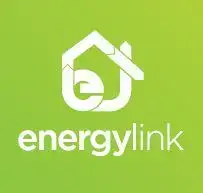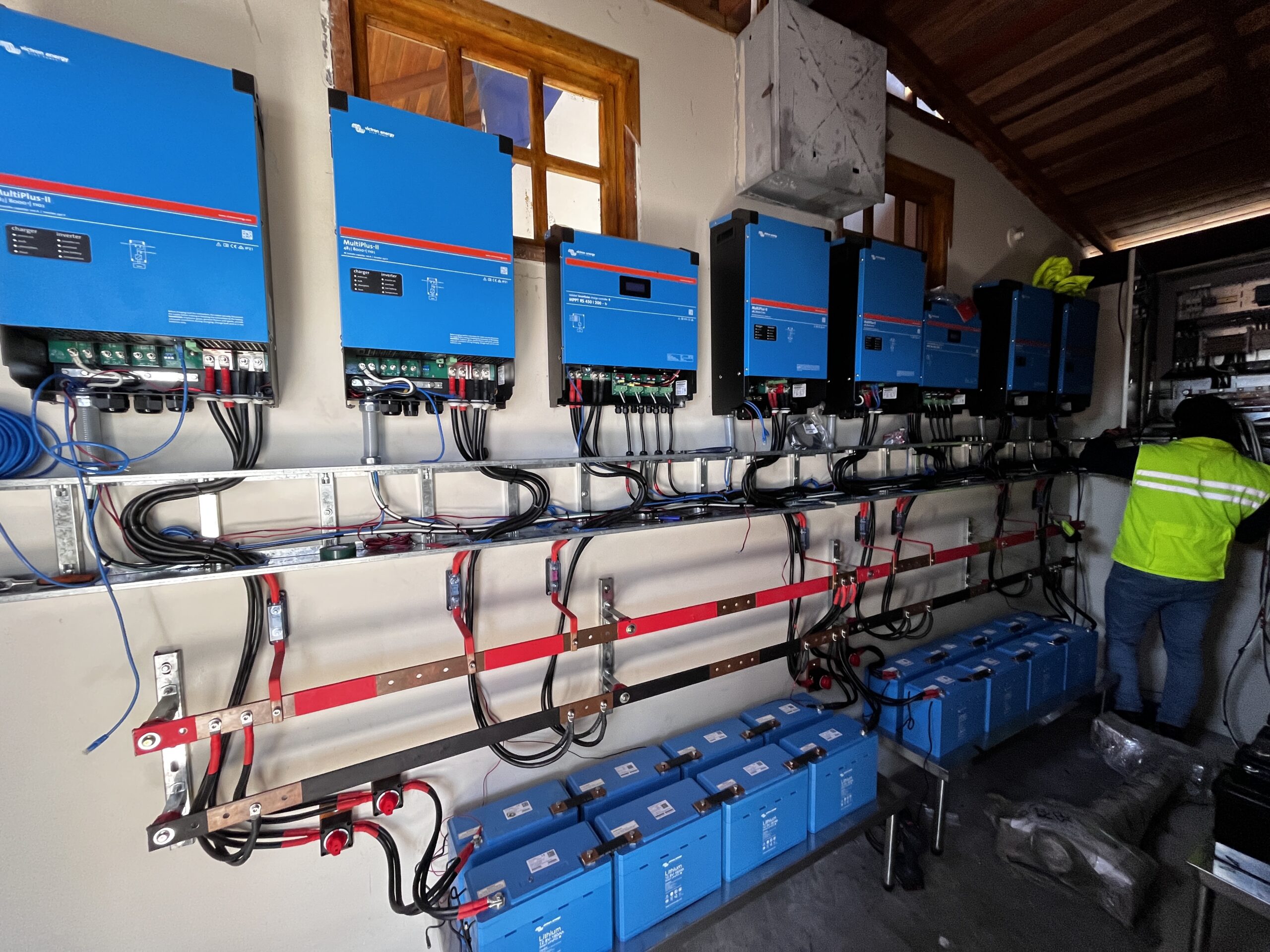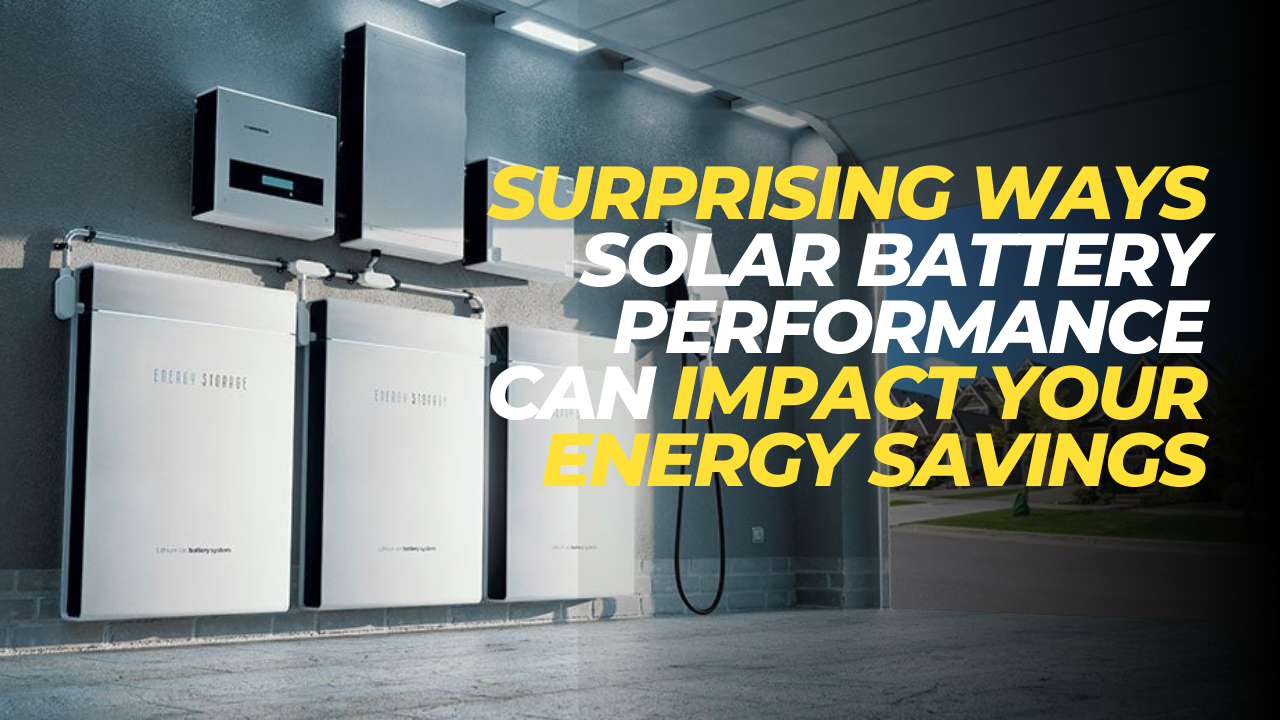Is Solar Worth It in Kentucky?
For Kentucky homeowners thinking about going solar, there are a few important things to consider to figure out if it makes sense financially:
Average Electricity Rates and Usage in Kentucky
People in Kentucky pay about $181 a month for electricity, or $2,172 a year. That’s 16% less than the country’s average.
In 2024, the average home electricity rate in Kentucky is 12.45¢ per kilowatt-hour (kWh). That’s 22.28% lower than the U.S. average of 16.02¢/kWh.
Even though electricity costs less in Kentucky than in other states, solar could still help high-usage homes save money.
Solar Irradiance and Peak Sun Hours
Kentucky gets an average of 4.45 peak sun hours each day. This puts it in the middle of U.S. states for how much sun it gets.
A solar system in Kentucky will make electricity equal to 4.45 hours at full power each day, on average.
Typical Solar System Costs and Payback Periods
In 2024, a home solar system in Kentucky costs about $2.83 per watt before incentives.
For the average 12.7 kW system needed to cover 100% of electricity use, this comes to around $36,000.
If electricity rates go up 2.5% each year, a Kentucky homeowner who pays for their system with a $0-down loan can expect to save $2,200 in the first year. Savings will go up each year after that.
Solar payback periods in Kentucky are usually 10-12 years.
Is Solar a Good Investment in Kentucky?
Whether solar is worth it for a specific Kentucky homeowner depends on their situation – electricity use, available roof space, shading, and if they qualify for incentives.
In general, solar can be a good investment for Kentucky residents, especially those with high electricity bills or plans to stay in their home for 10+ years.
The 30% federal tax credit can greatly reduce costs. Most systems pay for themselves within 10-12 years. This provides free electricity for the remaining 15-25 year life of the system.
Homes that are best for solar in Kentucky usually have:
- Higher than average electricity use
- Plenty of south or west-facing roof space
- Little to no shading from trees or buildings
- Newer roofs that won’t need to be replaced soon
Homeowners who meet these criteria and plan to stay in their homes long-term are likely to see the biggest return on investment from going solar in Kentucky.
The best way to figure out costs and savings for your specific home is to get quotes from several local installers.
How much can solar save in Kentucky?
| System Size | Avg. Cost (after tax credit) | Estimated 10-Year Savings |
|---|---|---|
| 5 kW | $10,500 | $7,000 |
| 6 kW | $12,600 | $8,400 |
| 7 kW | $14,700 | $9,800 |
| 8 kW | $16,800 | $11,200 |
| 10 kW | $21,000 | $14,000 |
*Assumes $2.81/watt average cost in Kentucky after 30% federal tax credit. Savings based on $0.12/kWh average electricity rate and 5% annual utility rate increase.
Homeowners can maximize their return on solar by opting for an appropriately-sized, high-quality system. Getting multiple quotes from reputable local installers is the best way to compare costs and savings.
Solar Incentives and Rebates in Kentucky
While Kentucky may not have as many solar incentives as some other states, there are still several programs that can help make going solar more affordable for homeowners:
The 30% Federal Solar Tax Credit
The biggest incentive for Kentucky homeowners going solar is the federal solar tax credit (ITC). This lets you deduct 30% of the cost of installing a solar system from your federal taxes.
For example, if your solar system costs $20,000, you could get a $6,000 tax credit.
To qualify, you must:
- Own your home
- Install the system between 2022-2032
- Have enough tax liability to use the credit
If you can’t use all the credit in one year, you can carry it forward to future tax years. The ITC drops to 26% in 2033 and 22% in 2034 before ending in 2035 unless Congress renews it.
Net Metering in Kentucky
Net metering lets solar homeowners send extra electricity their panels make to the grid. In return, they get credits on their utility bills.
In Kentucky, net metering rules depend on the utility:
- Investor-owned utilities must offer net metering for solar systems up to 45 kW. Extra generation is credited at the utility’s avoided cost rate, which is less than the retail rate.
- Electric cooperatives and municipal utilities can set their own net metering policies. Some give full retail rate credits while others use lower rates or buy all the extra generation.
Kentucky’s net metering isn’t as generous as states that require full retail rate credits. But it still helps solar homeowners save by offsetting future electricity purchases.
PACE Financing in Kentucky
Property-Assessed Clean Energy (PACE) financing lets property owners borrow money for energy upgrades and pay it back over time through property tax bills. This makes solar more accessible by getting rid of upfront costs.
Kentucky passed a PACE law in 2015, but it’s currently only available to commercial properties in certain counties and cities. Residential PACE isn’t available yet in the state.
Utility and Local Rebates in Kentucky
Some Kentucky utilities and local governments offer extra incentives for solar and other clean energy upgrades:
- Louisville Gas & Electric (LG&E) and Kentucky Utilities have rebates for qualifying Energy Star appliances, HVAC systems, and home energy audits. While not directly for solar, these can help make a home more energy efficient.
- The Mountain Association has an on-bill financing program for energy upgrades to homes and businesses in eastern Kentucky, including solar installations up to $15,000.
- Some cities like Louisville have loan programs for energy efficiency and renewable energy projects.
These local incentives can be limited and may change, so it’s best to check with your utility and local government for current offers.
The 30% federal tax credit is the biggest incentive available to Kentucky homeowners going solar. Net metering, while not as strong as in some states, still provides good savings by crediting extra solar generation.
PACE financing is an option for commercial solar projects but not yet for homes. Extra local rebates and loans, while not widespread, are worth looking into to further improve the economics of going solar in Kentucky.















